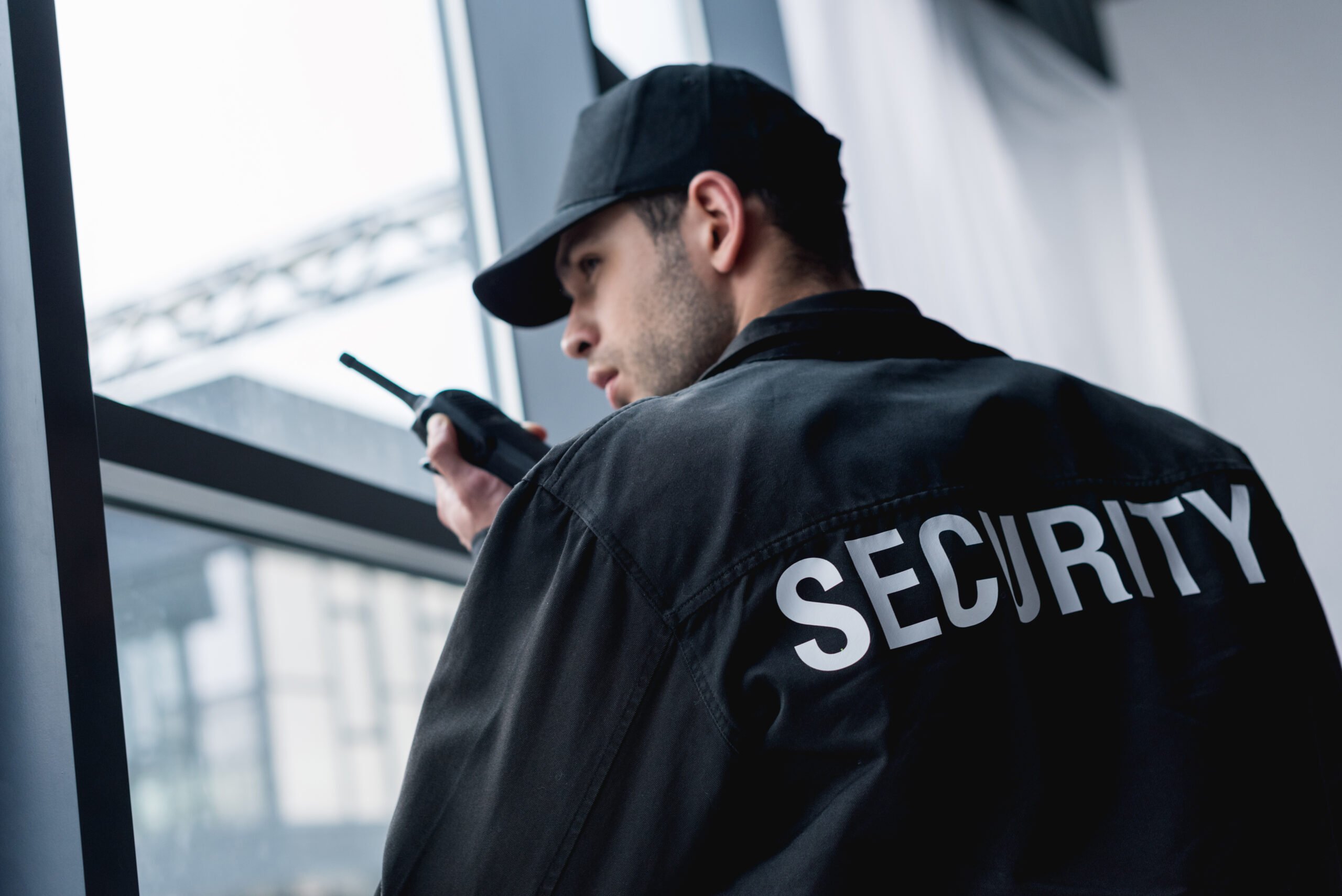Subtotal $0.00
Watching a loved one struggle with drug addiction is an incredibly painful experience. Feelings of helplessness, frustration, and fear often dominate as you witness someone you care about spiral into harmful habits, affecting not only their health but also the lives of those around them. When it seems like there’s no hope left, the idea of an intervention may come to mind as a potential solution.
A drug interventionist is a trained professional who facilitates interventions aimed at helping individuals recognize the severity of their addiction and the necessity of seeking treatment. They guide loved ones in communicating concerns effectively, fostering an environment that encourages the individual to take the first steps toward recovery.
This piece explores the role of an interventionist and how their expertise can provide a path to recovery.
Understanding the Role of a Drug Interventionist
A Drug Interventionist specializes in helping families, friends, and coworkers create a structured opportunity for someone suffering from addiction to acknowledge their problem and consider treatment. Their role is not merely to mediate a conversation but to design a process that ensures the best possible outcome: motivating the individual to take that critical step toward recovery.
One of the most difficult aspects of addiction is the denial that often comes with it. Individuals addicted to drugs may not fully understand the extent of their addiction or the impact it has on themselves and others. The interventionist steps in, guiding the family through a process that helps break through that denial in a compassionate, yet firm, manner.
Drug interventionists are typically licensed professionals, such as therapists, counselors, or social workers, who are specially trained in addiction intervention methods. These professionals understand the psychological and emotional dynamics of addiction and the challenges family members face when trying to help a loved one. The interventionist’s goal is to facilitate open, honest, and constructive communication while keeping the conversation focused on solutions, not blame.
How a Drug Interventionist Can Help Your Loved One
The process of an intervention can be emotionally charged, and without a structured approach, it can often lead to arguments or defensiveness rather than progress. A drug interventionist offers several key benefits that increase the likelihood of a successful intervention and treatment outcome:
Professional Guidance and Structure
The most important role of a drug interventionist is to bring structure to what can otherwise be a chaotic and unpredictable process. They create a carefully designed plan, preparing all participants in advance to ensure that the intervention remains focused and productive. This preparation includes discussing what will be said during the intervention, how the person struggling with addiction might react, and what steps will be taken afterward, including immediate entry into a treatment program.
Having a plan minimizes the risk of the intervention spiraling into an emotional confrontation. By keeping the discussion on track, the interventionist helps ensure that the individual feels supported rather than attacked, making them more open to accepting help.
Neutrality and Expertise
The presence of a neutral third party is invaluable during an intervention. Family members and close friends often have intense emotions invested in the situation, making it difficult to approach the issue objectively. An interventionist provides a calming influence, ensuring the conversation does not escalate into arguments, blame, or anger.
They are skilled at defusing emotional tensions, which is essential for maintaining the focus on the goal of the intervention: encouraging the loved one to seek treatment. Their expertise in dealing with addiction-related behaviors also helps them anticipate how the addicted person might respond. Whether it’s denial, anger, or guilt, a drug interventionist knows how to navigate these reactions to keep the intervention moving forward toward a positive outcome.
Creating a Safe and Compassionate Environment
For someone struggling with drug addiction, an intervention can feel overwhelming. The fear of being judged or rejected may prevent them from engaging in conversation. A drug interventionist helps to create a safe, compassionate, and non-threatening environment, allowing the person to feel heard and understood.
The interventionist’s role is to ensure that the individual understands the love and concern motivating the intervention. By emphasizing care and support, rather than punishment or shame, the interventionist increases the likelihood that the individual will be receptive to the message and more willing to accept treatment.
Encouraging Immediate Action
One of the key objectives of an intervention is to encourage immediate action. A drug interventionist will help the family arrange for treatment options ahead of time so that if the person agrees to seek help, they can enter a rehab or detox program immediately following the intervention. The goal is to capitalize on the momentum created during the intervention and avoid giving the person time to backtrack or second-guess their decision.
Supporting the Family After the Intervention
In addition to helping the individual struggling with addiction, a drug interventionist provides ongoing support to the family. Addiction is often referred to as a family disease because it affects everyone involved. Family members need guidance on how to set healthy boundaries, avoid enabling behaviors, and maintain their well-being throughout the recovery process. An interventionist can connect families with resources, such as support groups or counseling, to help them navigate this challenging journey.
When to Consider Hiring a Drug Interventionist
Not every situation involving drug addiction requires an intervention. Some signs may indicate when an intervention is necessary. If your loved one is in denial about their addiction, refuses to seek treatment, or if their behavior has become dangerous to themselves or others, it may be time to consider involving a professional. Early intervention can significantly improve treatment outcomes, giving your loved one the best chance for long-term recovery.
Conclusion
Addiction can feel like an insurmountable barrier, but with the help of a professional drug interventionist, you can guide your loved one toward a path of recovery. By offering structure, compassion, and expertise, the interventionist creates an environment where change becomes possible. If you are worried about a loved one’s addiction, seeking the support of a drug interventionist can be the first step toward healing and hope.








